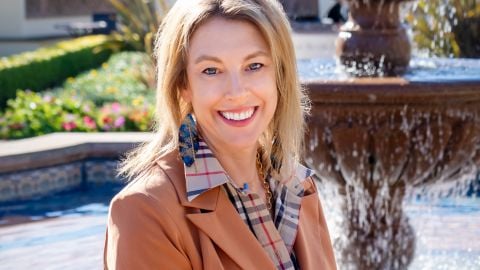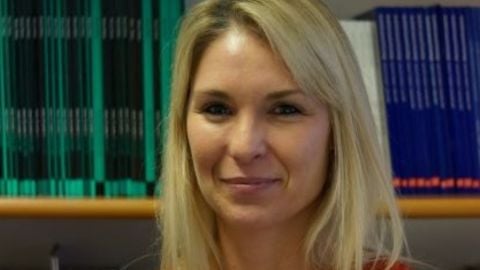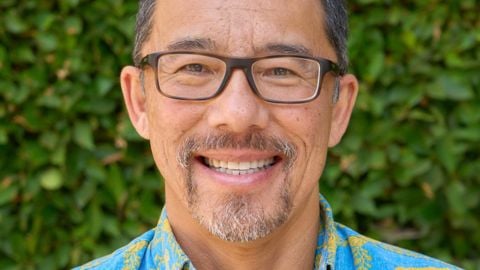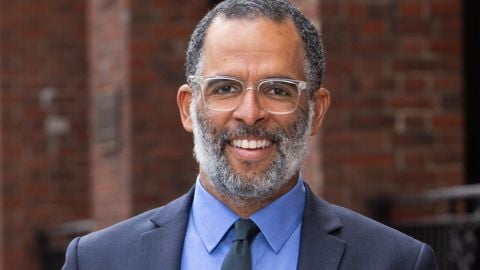George Filis assesses whether cross-market volatility flows contain important information that can improve the accuracy of oil price realized volatility forecasting. The focus is on the realized volatilities derived from the intra-day prices of the Brent crude oil and four different asset classes (Stocks, Forex, Commodities and Macro), which represent the different “information channels” by which oil price volatility is impacted from. George Filis is Professor of Financial Economics. He joined the department of Accounting, Finance and Economics in September 2012 as Senior Lecturer. His main teaching interests include money, banking and financial economics. His main research interests include energy economics, financial economics, business cycles and tourism economics. George Filis’ research focuses on the modelling and forecasting of oil prices and oil price volatility.
Image courtesy of interviewee. June 11, 2018






